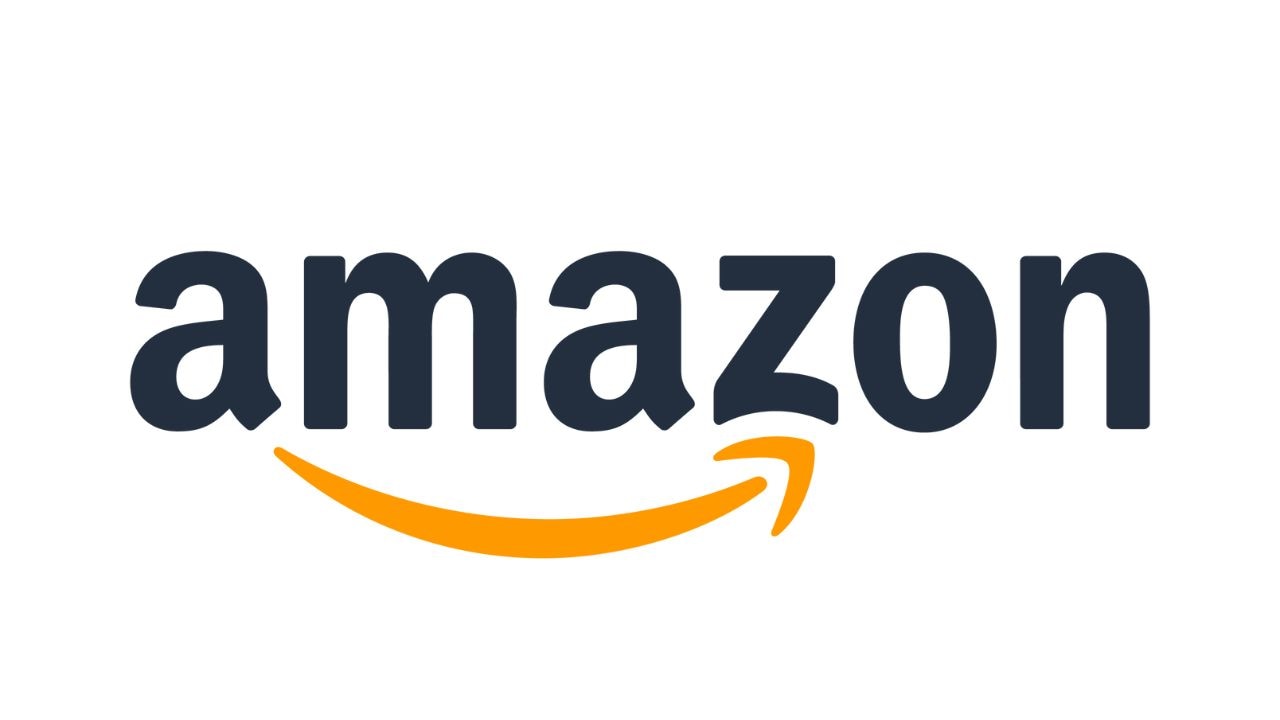The White House has criticised Amazon over its reported decision to display to shoppers how much former US President Donald Trump’s tariffs have contributed to the final prices of goods on its platform. The move, said to be part of a wider push for pricing transparency, has drawn strong condemnation from Trump’s administration, which described it as overtly political.
“This is a hostile and political act by Amazon. Why didn’t Amazon do this when the Biden administration hiked inflation to the highest level in 40 years?” said White House Press Secretary Karoline Leavitt on Tuesday, addressing reporters. “This is another reason why Americans should buy American,” she added.
Following the White House’s remarks, Amazon’s shares fell by more than 2% in premarket trading. The company, founded by Jeff Bezos, has yet to formally respond to the criticism.
Amazon’s decision signals growing tensions between corporate America and the Trump administration, particularly over the president’s trade policies. Since taking office in January, Trump has implemented a 10% baseline tariff on imports from most countries, with even steeper levies aimed at targeted nations. However, the administration has also introduced temporary pauses—such as a 90-day reprieve for certain trading partners—to allow room for negotiations.
Among the most significant actions has been the reintroduction of steep tariffs on Chinese imports. In response, Beijing has retaliated with its own duties on American products, escalating fears of a full-blown trade war. The uncertainty surrounding tariff implementation and the shifting policy signals have already rattled global financial markets, with some volatility reaching levels last seen during the height of the Covid-19 pandemic.
The impact is beginning to show. US businesses reliant on international supply chains are facing increased costs and disruptions. Delivery giant UPS, a key logistics partner for Amazon, announced on Tuesday it would cut 20,000 jobs globally in 2025. The company attributed the decision to a significant decline in its business with Amazon, which is its largest client.
UPS CEO Carol Tomé said the restructuring is a direct response to the changing global trade environment, stating the firm must “reconfigure” to remain competitive amid rising geopolitical and economic uncertainty.
The stakes are particularly high for Amazon. Around 60% of the platform’s sales come from smaller, independent sellers, many of whom source products from China. Tariffs on Chinese imports, therefore, threaten to dramatically increase costs for these sellers—costs that are likely to be passed on to consumers.
With the broader implications of Trump’s tariff agenda still unclear, Amazon’s pricing transparency may be the first of many corporate responses as companies brace for a more protectionist economic climate.
Read More: Coca-Cola says marketing strategy fuels double-digit growth in India in Q1 2025
